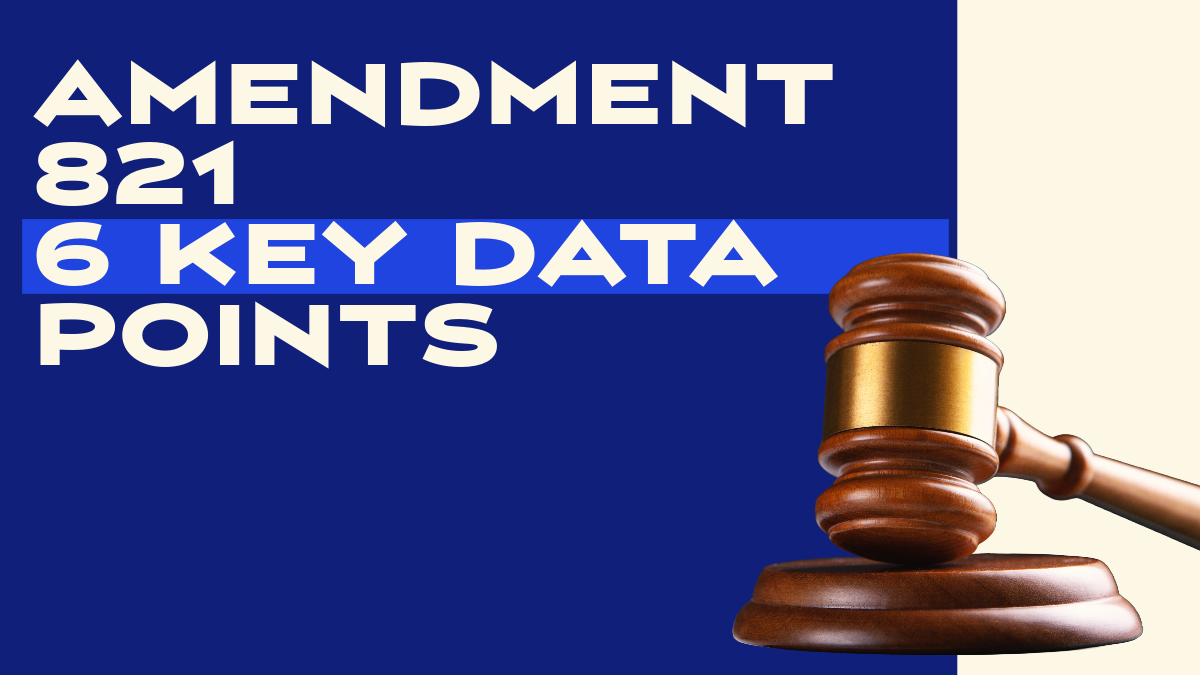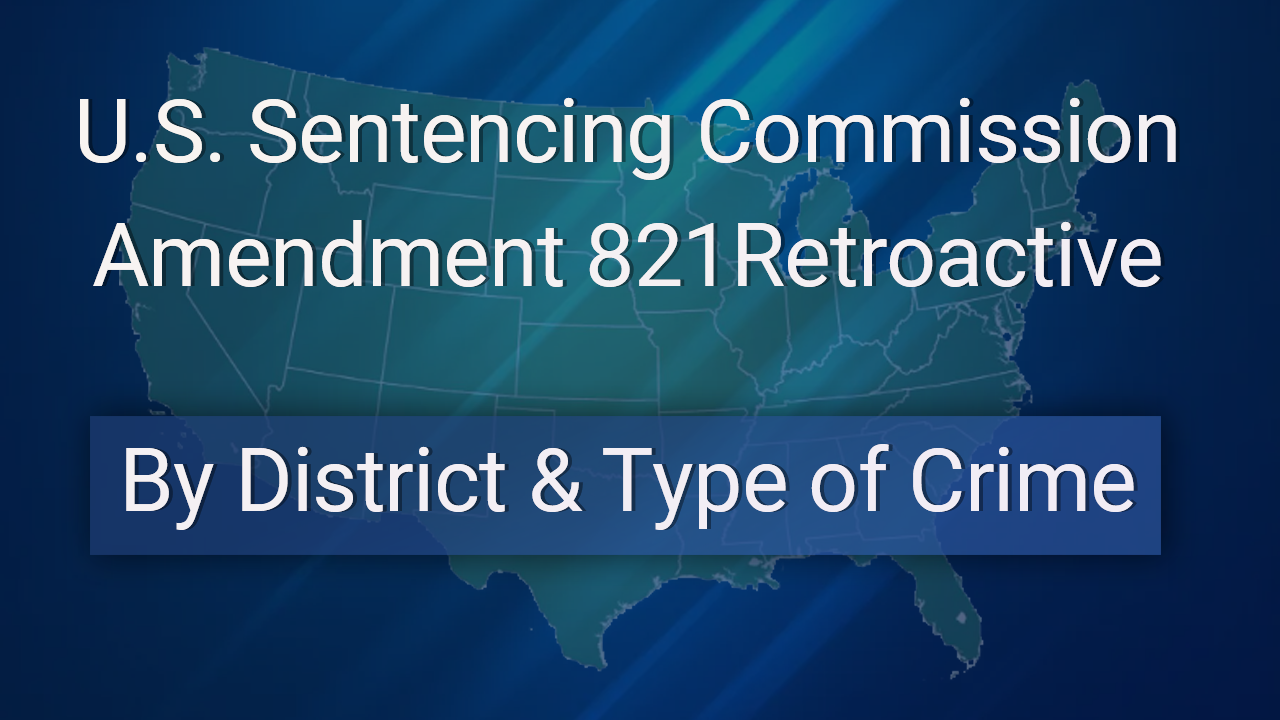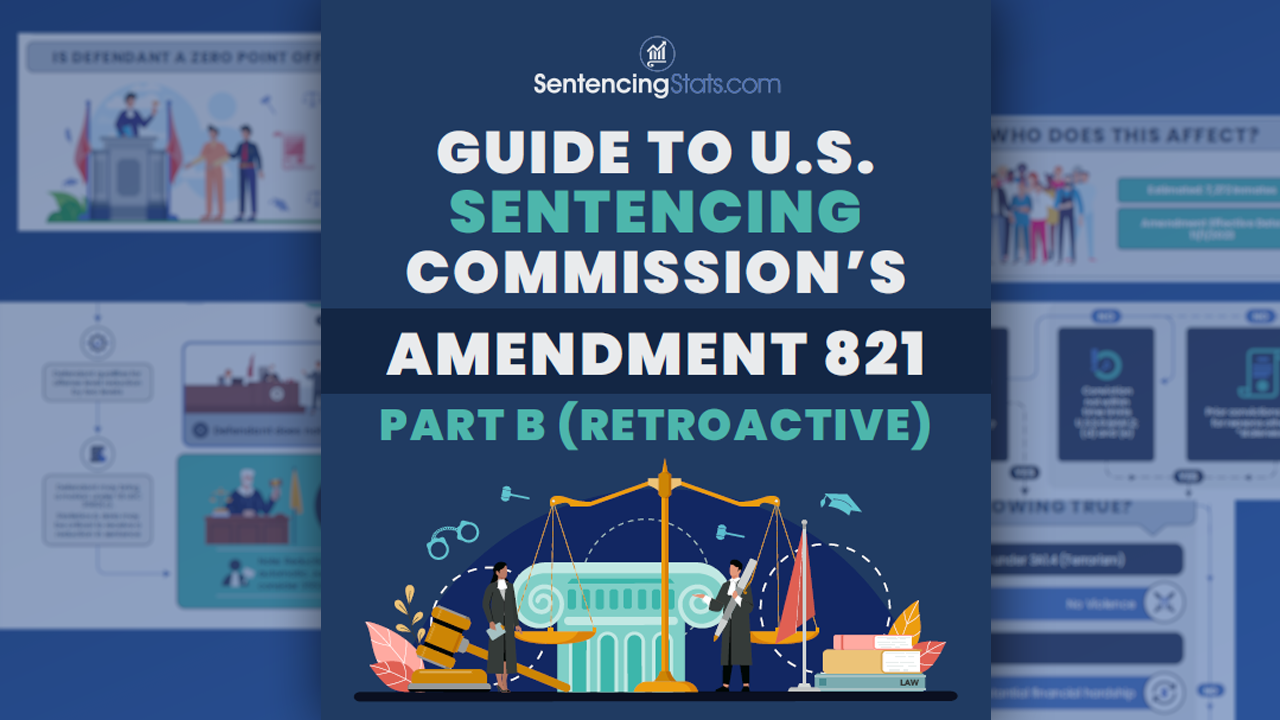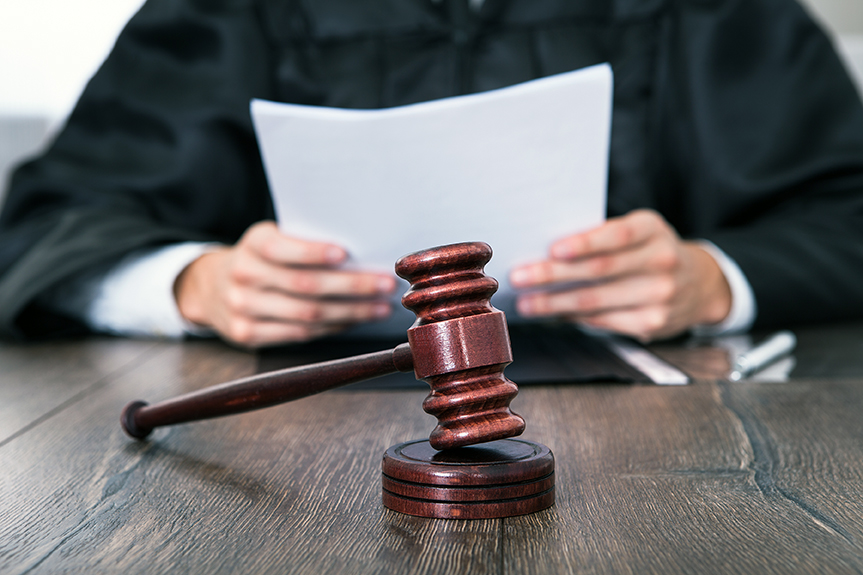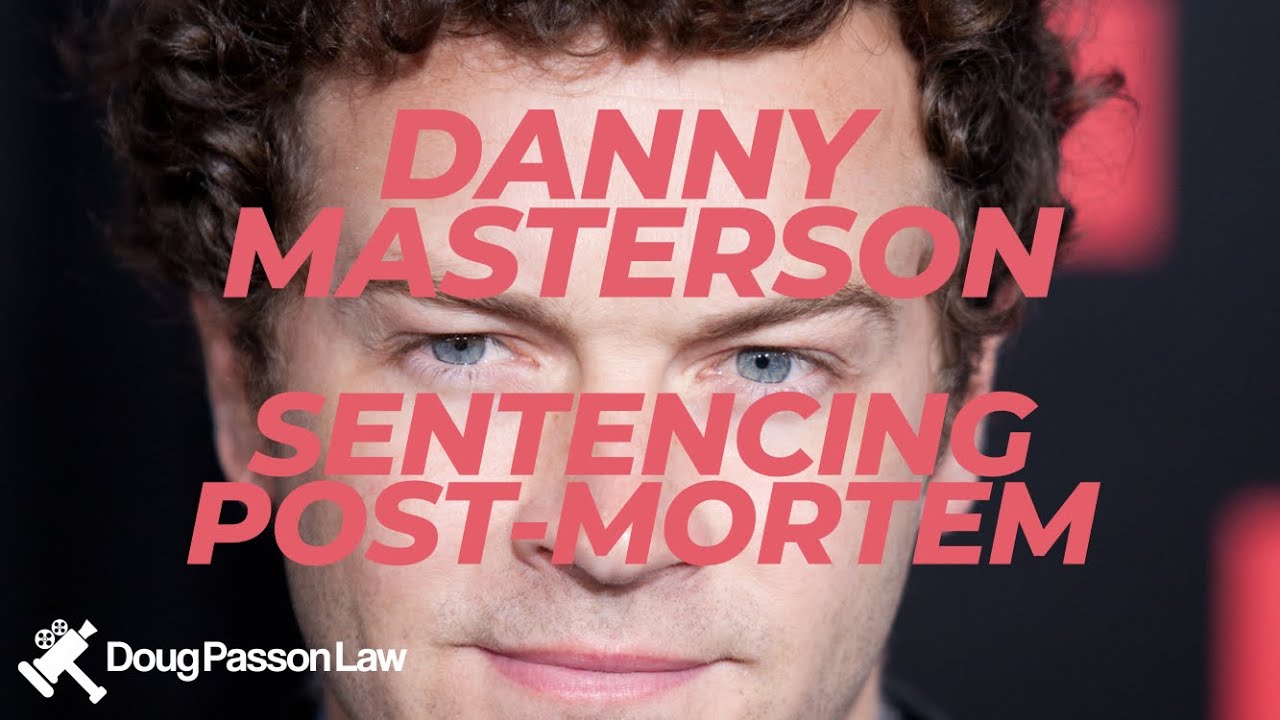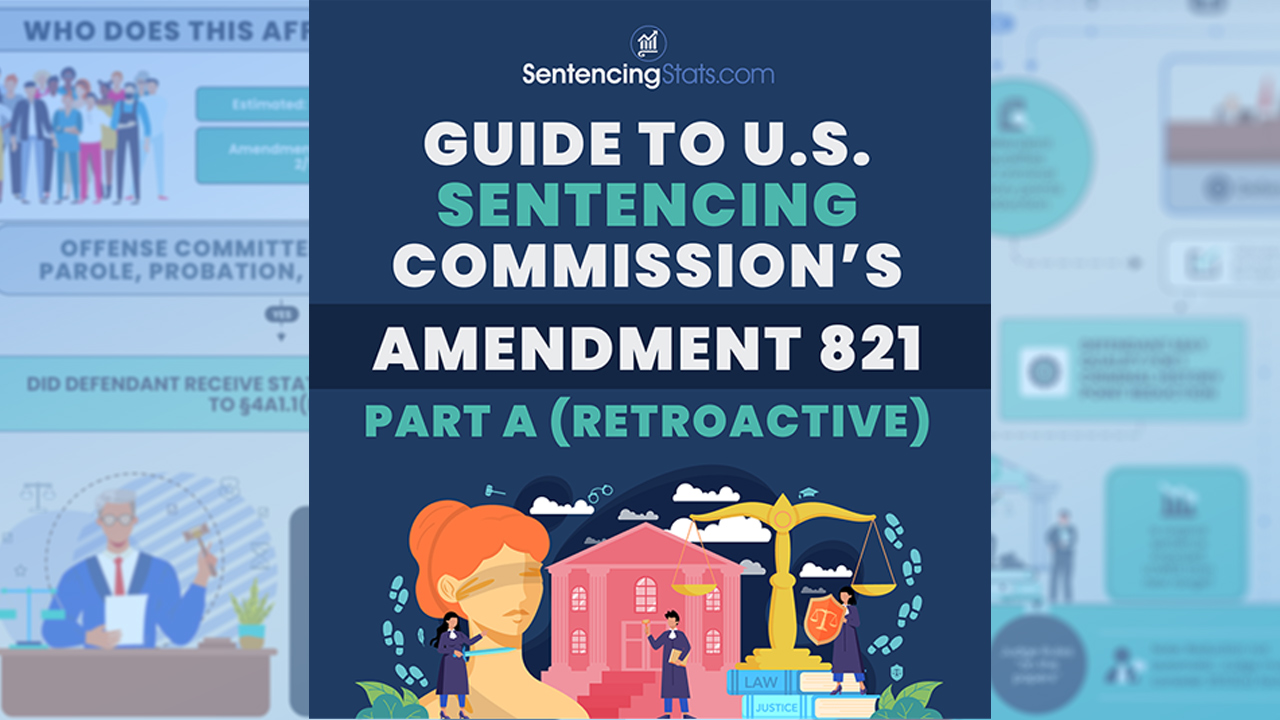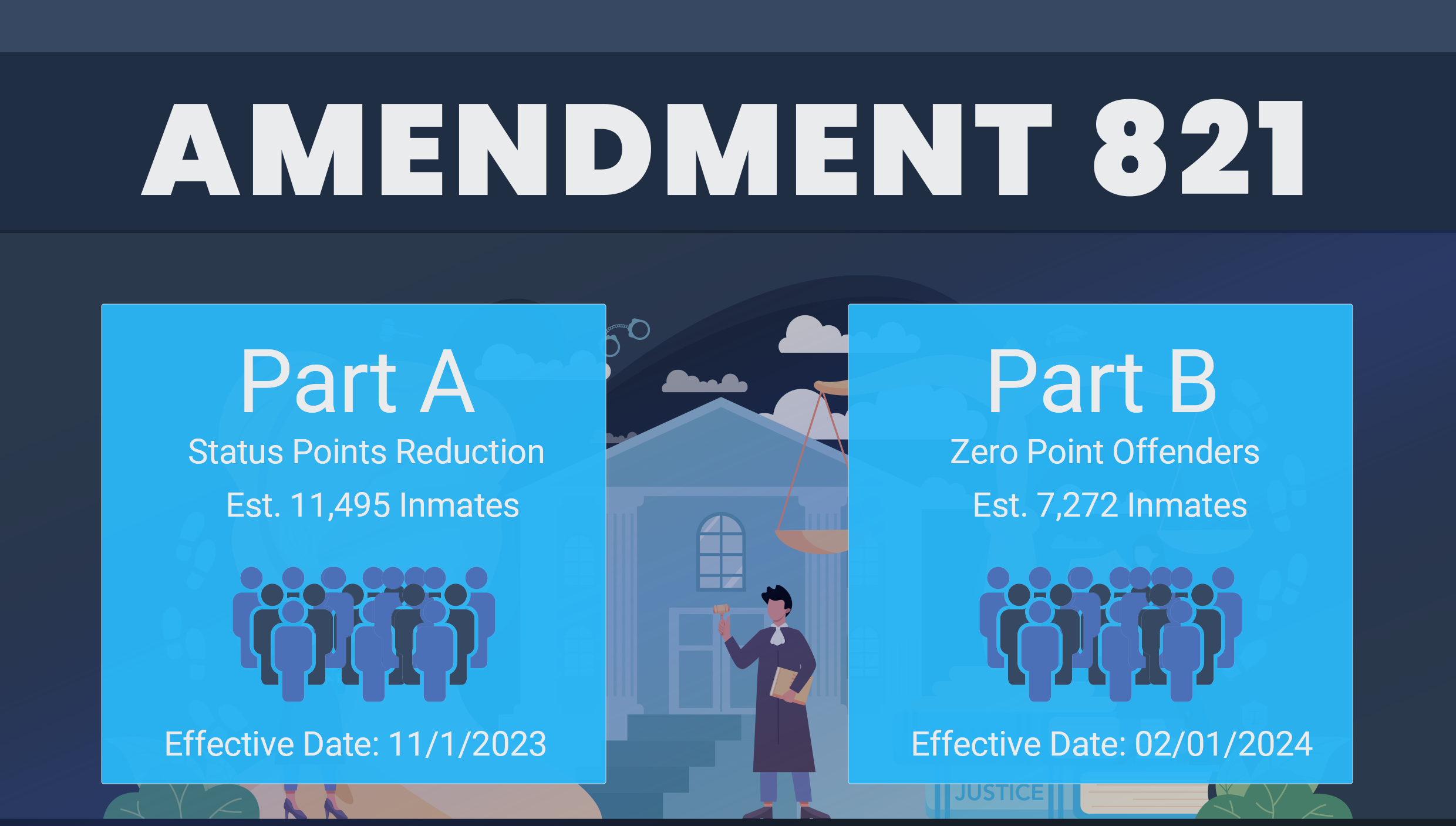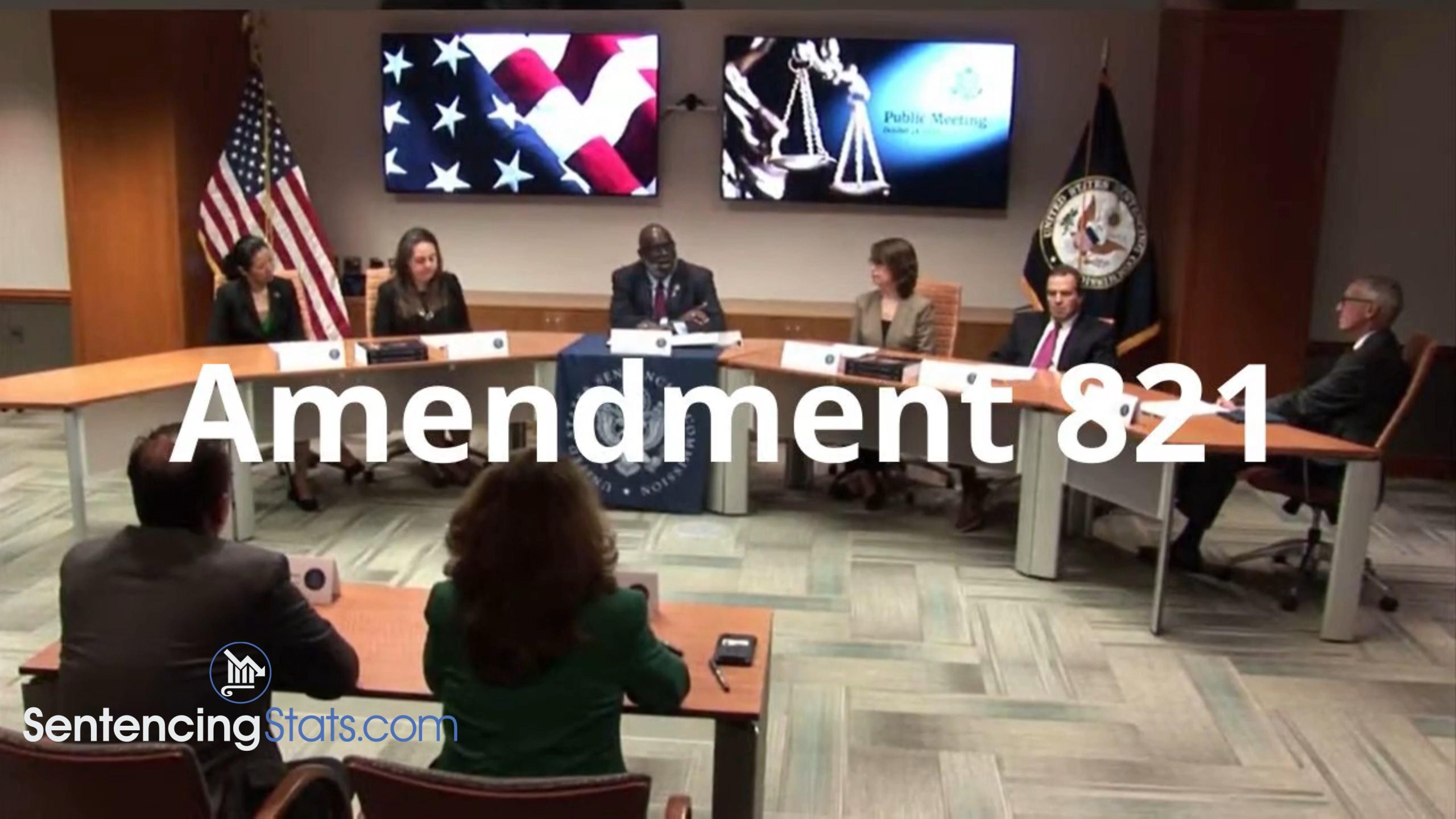If you’re seeking clarity on the eligibility criteria for an Amendment 821 sentence reduction, this video is here to help. We’ll outline the six crucial pieces of data you need to gather in order to assess qualification accurately. This video is part of our ongoing ongoing educational series in simplifying Federal Sentencing and the USSC Federal Sentencing Guidelines.
Amendment 821 Sentence Reduction: 6 Essential Pieces of Data for Eligibility Assessment
